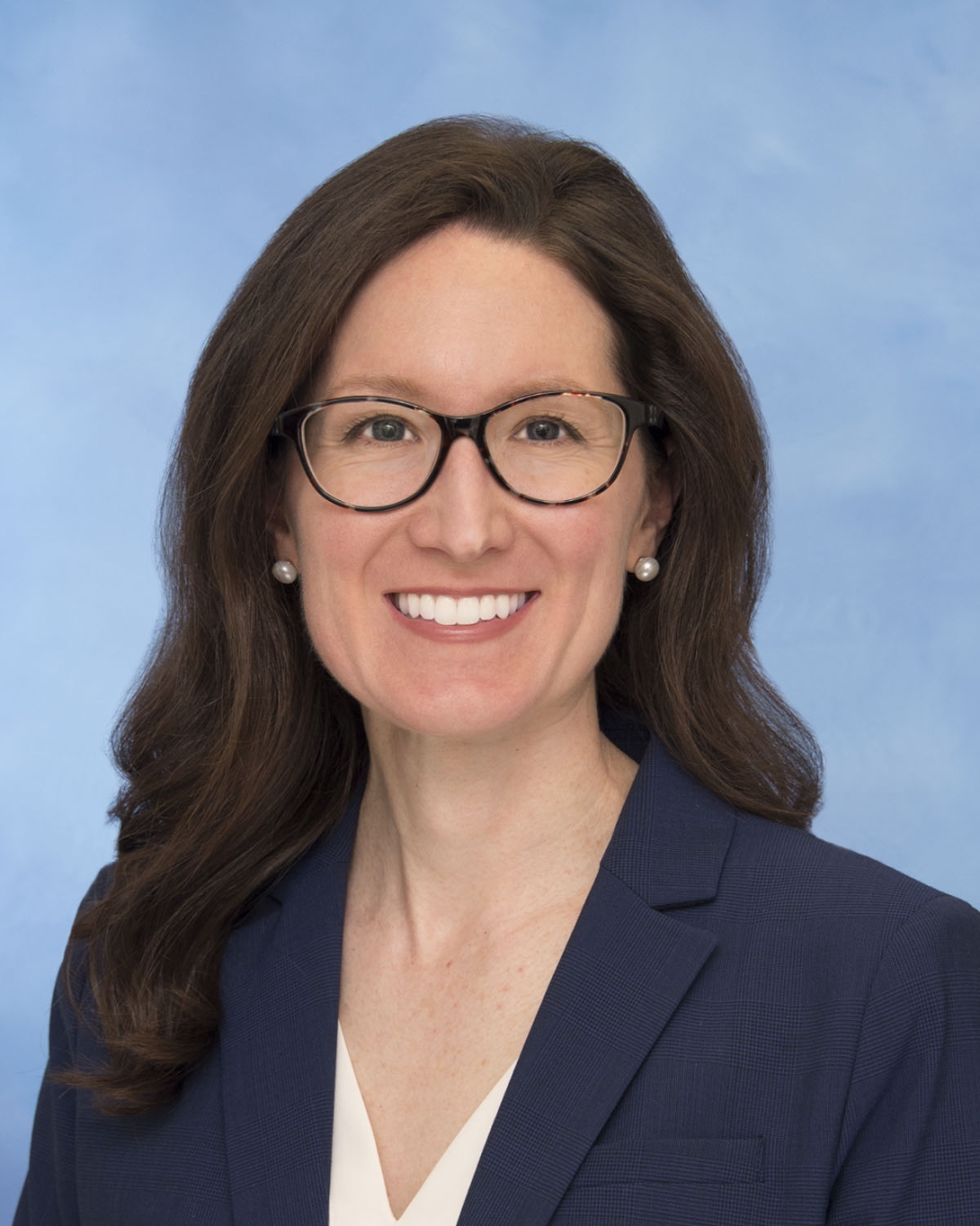The one-year laryngology fellowship provides multidisciplinary, specialized training in all facets of laryngology with a program designed to support the fellow’s progressive clinical independence and nurture future leadership skills in laryngology and otolaryngology-head & neck surgery.
Our Strengths
- Large, varied clinical and surgical volume representing the breadth of clinical laryngology
- Faculty with diverse training, backgrounds, tenure and practice models
- Emphasis on intentional education with progressive independent practice under mentorship of fellowship faculty
- Rich career development opportunities to develop education, research and leadership skills
- Career-long mentorship and sponsorship
Our Mission
The laryngology fellowship, in collaboration with the Division of Laryngology, is a one-year clinical and research experience designed to provide comprehensive training in evaluation and management of voice, airway and swallowing disorders. Our goal is to train future leaders in the field of laryngology and to provide the platform from which a successful academic career is launched.
Our Vision
Our intention is to train excellent clinical laryngologists, educators and leaders within the fields of laryngology and otolaryngology-head & neck surgery. The U-M Medical School Laryngology Fellowship provides trainees immersive, broad exposure to all aspects of clinical laryngology. The laryngology fellow works with three fellowship-trained core faculty, each with a unique training background and recognition for excellence in teaching and education. Our faculty provide a high-volume, rich experience with extensive exposure to:
- Clinical evaluation and decision-making in laryngology
- Phenomenological assessment of voice disorders
- Phonomicrosurgery
- Endoscopic and open reconstructive airway surgery (including innovative and complex airway reconstructive procedures)
- Laryngeal framework surgery
- Endoscopic and open dysphagia surgery
- Endoscopic and open laryngeal preservation surgery for laryngeal cancer
- Neurolaryngology and laryngeal botox treatment
- Awake in-office laryngeal and esophageal interventions
- Non-interventional management of laryngeal disorders
There are opportunities to join other otolaryngology faculty for additional experience in pediatric and adult airway reconstruction and advanced laryngeal cancer. Additional opportunities to work with and learn from other related disciplines including interventional pulmonology, thoracic surgery, gastroenterology, rheumatology, head and neck anesthesiology, vocal pedagogy, medical ethics and neurology are also available.
Fellows will work directly with subspecialty-trained (and dual-trained) speech language pathologists during the laryngology clinic experience within several different multidisciplinary models to deepen their skills in clinical assessment of voice, swallowing and breathing disorders.
Interested applicants should send their CV, three letters of reference, and a letter of interest to the education administrator at [email protected] for consideration. The match process for the laryngology fellowship follows the American Laryngological Association match guidelines through the National Resident Matching Program (NRMP). The interview period typically begins in January and are scheduled through March, with ranking decisions due to NRMP in April.
Questions? Contact [email protected].
The laryngology fellowship consists of a flexible schedule that maximizes learning opportunities across an array of experiences that represent the breadth of laryngeal pathology. There is extensive opportunity for multidisciplinary evaluation of laryngeal diseases and disorders including benign vocal fold lesions, airway stenosis and other abnormalities, occupational and professional voice, dysphagia, autoimmune laryngeal disease, neoplasms of the laryngotracheal complex and neurologic laryngeal disease.
Day-to-day clinical laryngology coverage is generally divided among core laryngology faculty in both clinic and the operating room. The laryngology fellow has an independent clinic approximately two days per month. This clinic includes tertiary laryngologic referrals to allow the fellow to blossom as an independent laryngologist under the support of fellowship faculty and includes opportunities for the fellow to see patients in a multi-disciplinary model with a speech language pathologist. The fellow provides coverage for in-patient laryngologic consults including vocal fold checks, dysphonia, dysphagia and airway disorders. Many of the consults generate excellent educational opportunities for awake procedures and/or operative experiences for the fellow, as well as opportunities to teach residents. Core laryngology faculty ensure the fellow is available to provide this service throughout the day and assist with coverage when the fellow seeks off-site educational opportunities.
Our current Department of Otolaryngology-Head and Neck Surgery fellows are gaining hands-on, comprehensive training in surgical procedures and evaluation and management of otolaryngologic conditions.
The laryngology fellow is expected to engage in academic development throughout the fellowship year. A diverse range of institutional opportunities exists to provide professional development in education, leadership, clinical trial design, statistics and others. Opportunities are provided to perform clinical research, quality improvement, or collaborate with existing basic science infrastructure.
The laryngology fellow helps to run our monthly laryngology teaching conference and is an essential member in providing instruction to our residents in foundational laryngology topics. The fellow is deeply integrated into the educational environment and mission of the division, including instruction of resident trainees in the clinic and the OR. Our goal is to not only train excellent clinical laryngologists, but also excellent educators for the next generation of laryngologists.

Fellows receive comprehensive clinical training in a high-volume academic medical center that also supports and excels in a wide range of basic science, translational and clinic outcomes research programs.

We find a new reason to love Ann Arbor nearly every day — year-round outdoor activities, cultural experiences, a growing food scene, and a welcoming, family-friendly atmosphere are just a few that come to mind. Explore all that Ann Arbor and our surrounding communities have to offer.

Residency Program Director
Laryngology Fellowship Director
- Elizabeth Ford-Baldner, M.A., CCC-SLP
- Freda Herseth, M.M., D.M.
- Katherine McConville, M.A., CCC-SLP
- Melody L. Racine, M.M.
- Marci Rosenberg, M.S., CCC-SLP
- Margaret K. Tiner, M.S., CCC-SLP, BCS-S